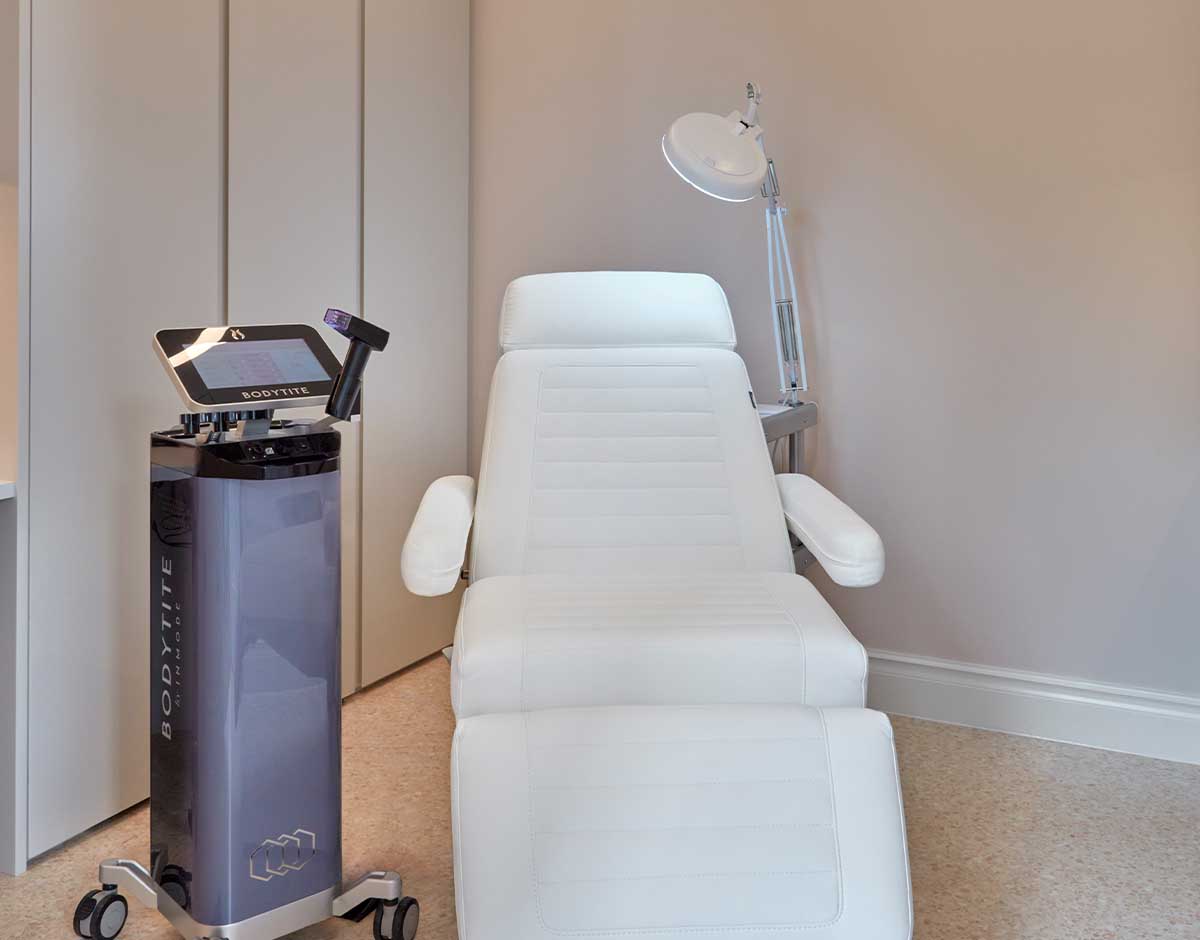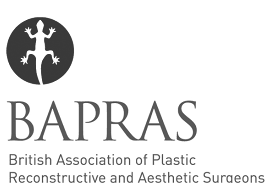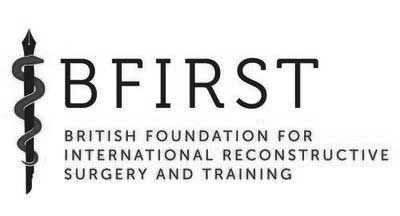-
What are polynucleotides?
Polynucleotide treatment is a type of medical procedure that involves the use of biostimulators to enhance the body’s natural healing and regenerative processes. Once injected into a targeted area of the body, typically the lower eyelid, these biostimulators should stimulate cellular activity and consequently cause tissue repair. They work by binding to specific receptors on the cell surface, which then triggers a cascade of cellular responses. This leads to increased production of collagen and elastin, two proteins that are essential for maintaining the structural integrity and elasticity of the skin.
-
Who can have polynucleotides treatment?
Polynucleotides treatment is suitable for individuals who are looking to address various signs of aging on their face and eyelids, If you’re experiencing sagging skin, wrinkles, and fine lines, or volume loss, this treatment can help restore volume and skin smoothness to these areas. This treatment can also improve the overall texture of the skin by promoting cell turnover and increasing hydration levels, helping to reduce the appearance of scars, and sun damage, as well as balance uneven skin tone.
-
What happens at your first polynucleotides appointment?
The consultation is an opportunity for Jonathan to assess your concerns, expectations, and desired outcomes. It also provides a chance for you to ask any questions you may have about the procedure. After the consultation, a thorough examination of your face and eyelids will be conducted. This examination will help Jonathan identify any specific areas of concern or areas that may require more attention during the treatment. Once the examination is complete, your personalised treatment plan will be developed.
-
Is polynucleotides treatment painful?
While some patients may experience mild discomfort during the injection process, any pain or discomfort is usually temporary and subsides shortly after the treatment is completed. Most patients describe the sensation as a mild pinching or stinging feeling, like that of other aesthetic injections such as Botox or dermal fillers. The use of topical numbing creams or local anaesthetics can also help to minimise any potential pain or discomfort.
-
How long does polynucleotides treatment take?
A polynucleotide treatment session takes 30 minutes. The actual duration will depend on the area being treated. For example, if you are treating a small area, such as the under-eye region, the procedure may take less time compared to treating larger areas like the entire face or neck. In most cases, two polynucleotide treatments are initially recommended a month apart, followed by top-ups over time in order for you to achieve optimal results.
-
What results can I expect from my polynucleotides treatment?
The bioactive substances in polynucleotides stimulate collagen synthesis, which helps to improve the elasticity and firmness of the skin. This can lead to a reduction in wrinkles and fine lines, giving the face a more youthful appearance. In addition to skin tightening, polynucleotides also help to improve skin texture and tone, giving it a smoother and more even appearance. It can also help to lift and tighten the skin around the eyelids, reducing the appearance of droopiness and giving the eyes a more refreshed and awake look. This can also help to improve vision for those who may have sagging eyelids getting in the way of their line of sight.
-
Are there any risks associated with face or eyelids polynucleotides treatment?
While polynucleotides treatment is generally safe and well-tolerated, there are potential risks involved. These risks include allergic reactions, swelling and bruising at the injection site. Jonathan will discuss these risks with you and advise you to follow all pre- and post-treatment guidelines given to minimise the likelihood of complications.

Polynucleotides
Face Aesthetic
Polynucleotides are biostimulators commonly used for rejuvenating and tightening the skin on the eyelids and face. When applied to the skin, they help stimulate collagen production, enhance cellular regeneration, and boost your overall skin texture. This can help reduce wrinkles, fine lines, and sagging skin. By promoting collagen synthesis, polynucleotides enhance the elasticity and firmness of the skin, resulting in a more youthful appearance. Plus, they help improve the texture and tone of the skin by stimulating the production of new cells. This leads to a smoother, brighter complexion and a reduction in the appearance of scars and blemishes.
How do polynucleotides work?
Polynucleotides are responsible for carrying genetic information and controlling the synthesis of proteins. Once applied or injected, polynucleotides work by stimulating cellular activity and promoting tissue regeneration. They can penetrate the skin and interact with fibroblasts, which are responsible for producing collagen and elastin. By activating these cells, polynucleotides help to increase collagen synthesis, resulting in improved skin elasticity and firmness.
Why choose Jonathan for your polynucleotides treatment?
Jonathan takes a personalised approach to each patient’s treatment plan. He believes that every individual is unique and has different needs and goals, and it is essential to consider both non-surgical and surgical options when rejuvenating the face and particularly eyelids. His aim is to provide you with the most suitable treatment options and ensure that you are well-informed throughout the process.
Faqs | Polynucleotides
“Excellent treatment and service, would absolutely recommend to everyone.”
Client Review











